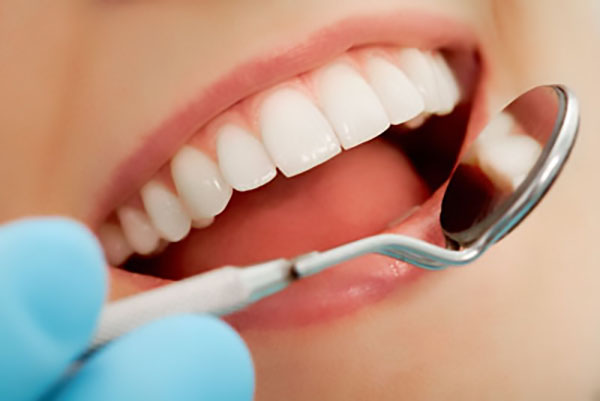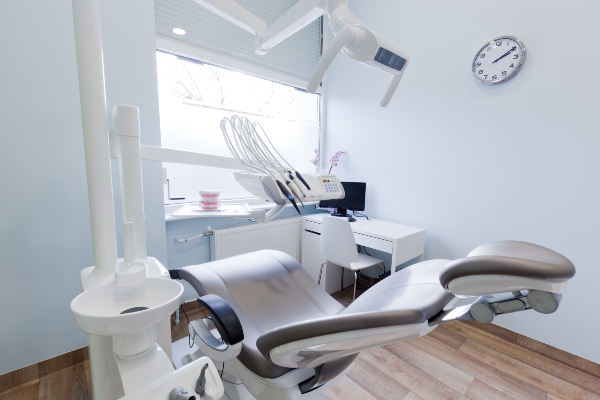Gum Disease: 5 Things You Need to Know

Despite the prevalence of gum disease, not every patient is aware of the risks and implications of this condition. By acquiring enough information about this ailment, you will be able to take the appropriate measures to curb and prevent its occurrence.
In this article, you will learn about the important facts everyone needs to know about gum disease.
5 Important facts about gum disease
1. Gum disease is quite rampant
Gum disease, otherwise known as periodontal disease, has been described by many health experts as the “silent ailment" because its symptoms are not usually apparent until the disease has advanced. According to statistics from the Centers for Disease Control, up to 47 percent of adults age 30 and above have some type of gum disease. Cross over to 65 years of age, and the percentage of adults with gum disease increases to 70.
The condition is more prevalent in men than women, with a little over 56 percent of all instances. Due to the prevalence of this oral health condition, it is necessary to know the effects, symptoms, and ways to prevent the disease.
2. Gum disease can have adverse effects on your overall health
Although the impact of gum disease on oral health is visible, it also has its repercussions on your general well-being. Multiple studies have linked gum disease to a higher risk of heart disease, respiratory illness, diabetes, stroke and complications during pregnancy. According to the American Association of Periodontology, the repercussions of this disease on the health may be due to the associated inflammation.
3. It comes with some warning signs
Although gum disease can go undetected for a while, you can watch out for certain signs and symptoms, including bleeding gums, inflamed gums, receding gum line, halitosis (bad breath), tooth sensitivity, loose teeth, painful chewing and changes in tooth alignment. If you have a dental restoration such as dentures, you may start noticing them fitting more loosely.
4. Gum disease is aggravated by certain factors
To prevent periodontal diseases, you need to be aware of your risk level for the illness. The following factors can place you at a higher risk of compromising your gum health:
- Smoking or using tobacco products
- A family history of gum diseases
- Aged 65 and above
- Chronic stress
- Teeth grinding (bruxism)
- Medications for certain conditions (antidepressants, heart meds, some oral contraceptives)
- Chronic illnesses such as cardiovascular disease, diabetes and rheumatoid arthritis
- Consuming a low-nutrient diet
Although these factors play a part, it does not mean that you will develop gum diseases. Fortunately, you can prevent its occurrence by taking specific precautions.
5. Gum disease is preventable
Despite the prevalence of the condition, it can be prevented. The most important step of all is maintaining an excellent oral care routine. This means brushing your teeth at least twice daily, flossing and visiting the dental office for regular checkups. You could also make some lifestyle changes like quitting smoking. Vitamins C and D and calcium have been known to strengthen the teeth and gums against periodontitis.
Final note
A regular dental checkup is the most effective way to ensure the early detection, treatment and prevention of gum disease. If you start noticing any of the above symptoms, make sure to contact your dental office immediately.
Request an appointment here: http://www.riversdentistry.com or call Rivers Family Dentistry at (979) 710-2216 for an appointment in our Bryan office.
Check out what others are saying about our services on Yelp: Read our Yelp reviews.
Related Posts
Dental crowns restore teeth compromised by damage or decay. They can repair teeth's appearance and function and last a long time. Though dental crowns can be highly beneficial for those who take good care of their teeth, improper dental care can damage these restorations, impact their effectiveness, and lead to decay and other oral health…
Dental crowns stand out among dental restorations as versatile and effective solutions for various oral health issues. A dental crown, or "cap," is designed to cover and encase a damaged or weakened tooth, restoring its strength, function, and appearance.Over the years, advancements in dental technology have led to the development of various types of dental…
Advancements in orthodontics make it possible to achieve a straighter smile without the noticeable appearance of traditional metal braces. Clear braces provide an option that blends in with natural teeth, offering a more subtle approach to orthodontic treatment. Their translucent or tooth-colored materials allow individuals to correct alignment issues while maintaining a simple aesthetic.Clear braces…
Endodontics is a branch of dentistry that focuses on studying, diagnosing, and treating problems affecting teeth pulp. The most commonly performed endodontic treatment used in dentistry is the root canal, and it allows dentists to save teeth that have severe damage or decay.Root canal treatments are often the last defense when saving a tooth. A…


